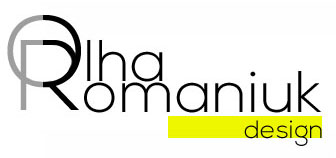first China office for backpack manufacturer Herschel Supply, designed by Linehouse, echoes the rapidly transforming urban fabric of its neighbourhood.
Enigmatic and eye-catching, the laneway entrance to the Herschel Supply office in the Jing’An District of Shanghai is a beguiling, asymmetrical feature. It suitably encapsulates the design philosophy of architecture and interior design practice Linehouse, and also serves as a hint to the interior framework that organises the Canadian lifestyle brand’s first China office.
The entrance, like its surrounding site, is as much a revelatory glimpse into the building’s internal activities as an indication of the surrounding urban flux. In this part of the city, many of the old residential structures are being demolished or stripped back, revealing the architectural details of Shanghai’s past.
“We wanted the design to lend itself to the streetscape, to capture this urban quality,” says Briar Hickling, co-founder of Linehouse, about the project’s relationship to its site. “Herschel is a design-driven brand and we aimed to capture both the urban/nature and utilitarian qualities in the spatial design of the office.”
As with many of the firm’s projects, the design process for the Herschel Supply office began with a desire to create a unique spatial experience that, at once, formed a dialogue between the shared and the private zones in the 134-square-metre unit and revealed the process of deconstruction relevant to the neighbourhood context. The design team deliberately used materials such as corrugated metal, concrete, raw steel and black cork to reflect the urban and utilitarian nature of the brand. A pitched metal framework was inserted into the office space as a strong gesture that extends the streetscape into the interior.
Lined with perforated and solid corrugated stainless steel, the framework dictates the different programmes. Glass partitions divide the structure and operable sliding doors unveil or conceal the meeting room and pantry areas to the open workspaces beyond. In some zones, ceiling panels were omitted to open up views to the surrounding structure, further blurring the boundaries between the ‘public’ or shared and the private, and between the new and the previously constructed.
An extension of its neighbourhood, the Hershel Supply Shanghai office is, at once, a part of its urban fabric and an exemplification of change in an evolving urban residential area. Hickling affirms, “Our approach for this project was to create something unique and unexpected, which challenges the traditional notion of what an office or workspace should be.”

